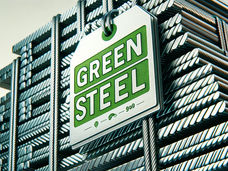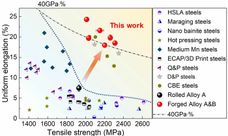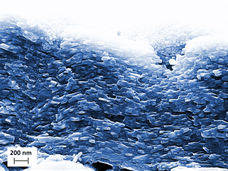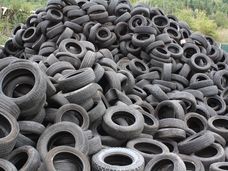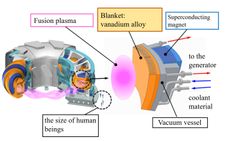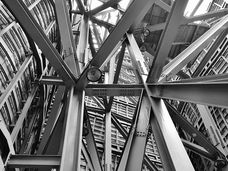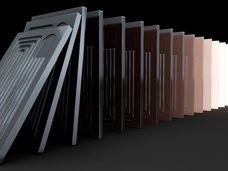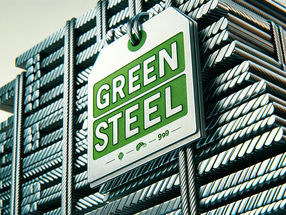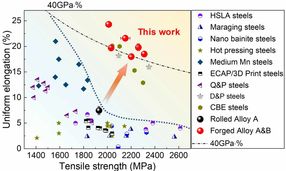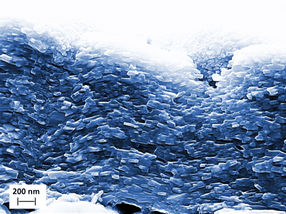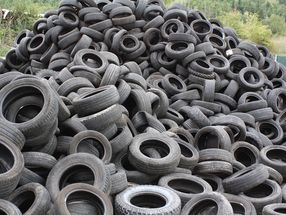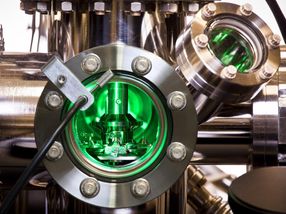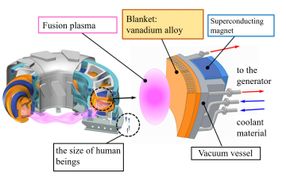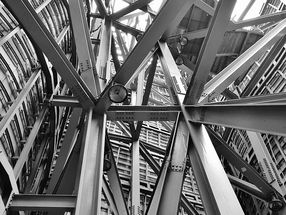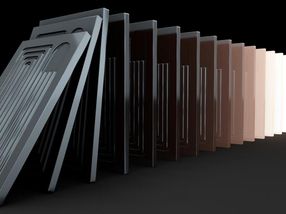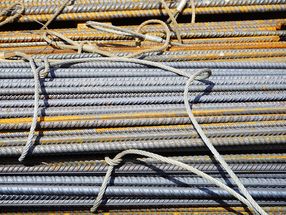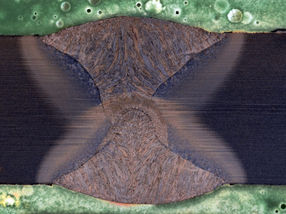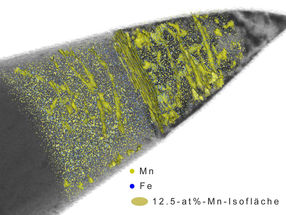Steel - 39 News
Tip: You can further refine your news selection by departments, organizations, countries and industries.
Steel - 39 News
Tip: You can further refine your news selection by departments, organizations, countries and industries.
Advertisement
Steel - News by department
Steel - News by industry
Steel - News by country
Haven't found the right news yet?
The chemeurope.com news search
Start your targeted search now with a wide range of filter options. Our database includes an archive of 27,775 chemistry news from business and science, which you can search by topic and organization, filtered by time and geography.




